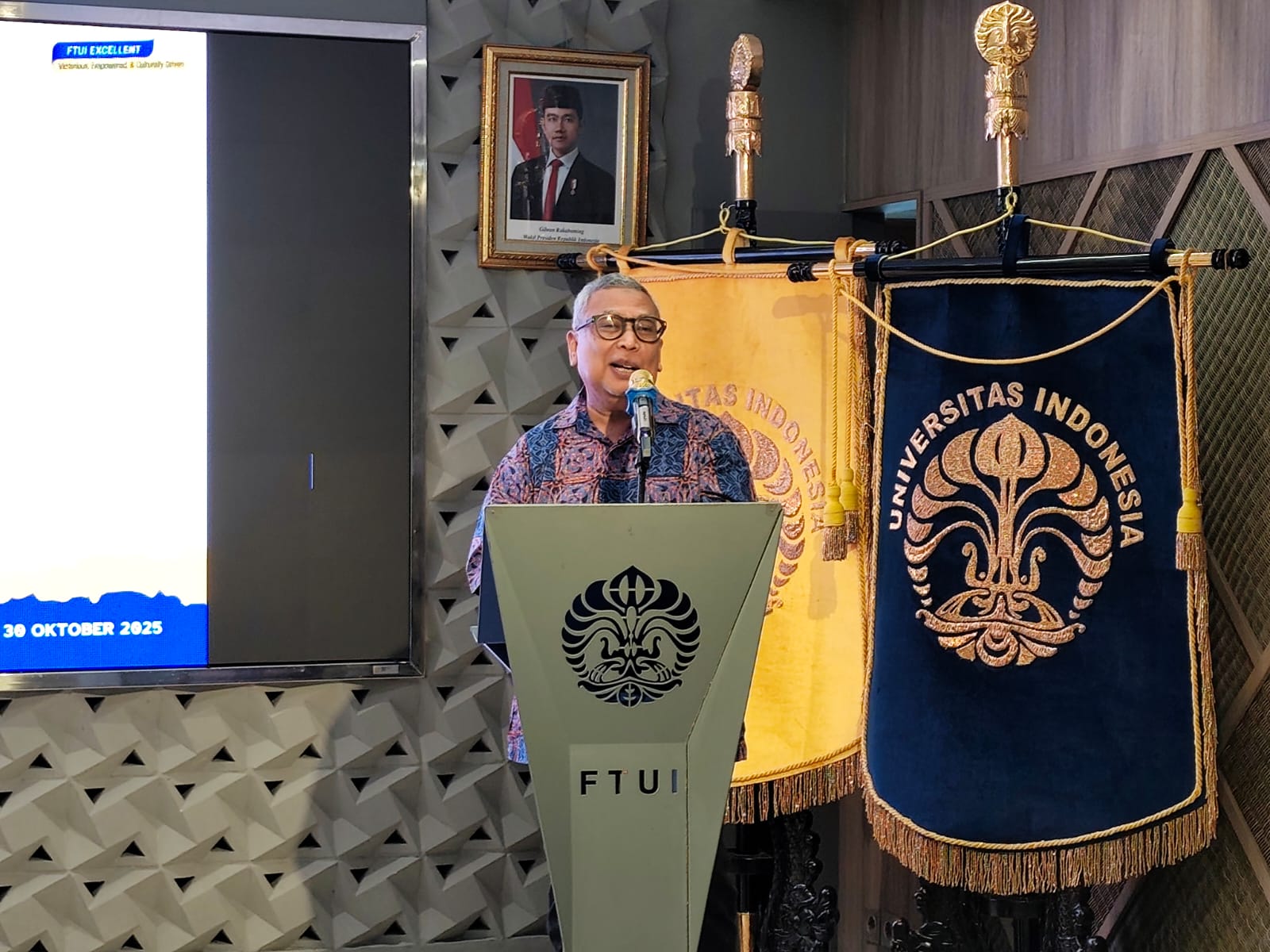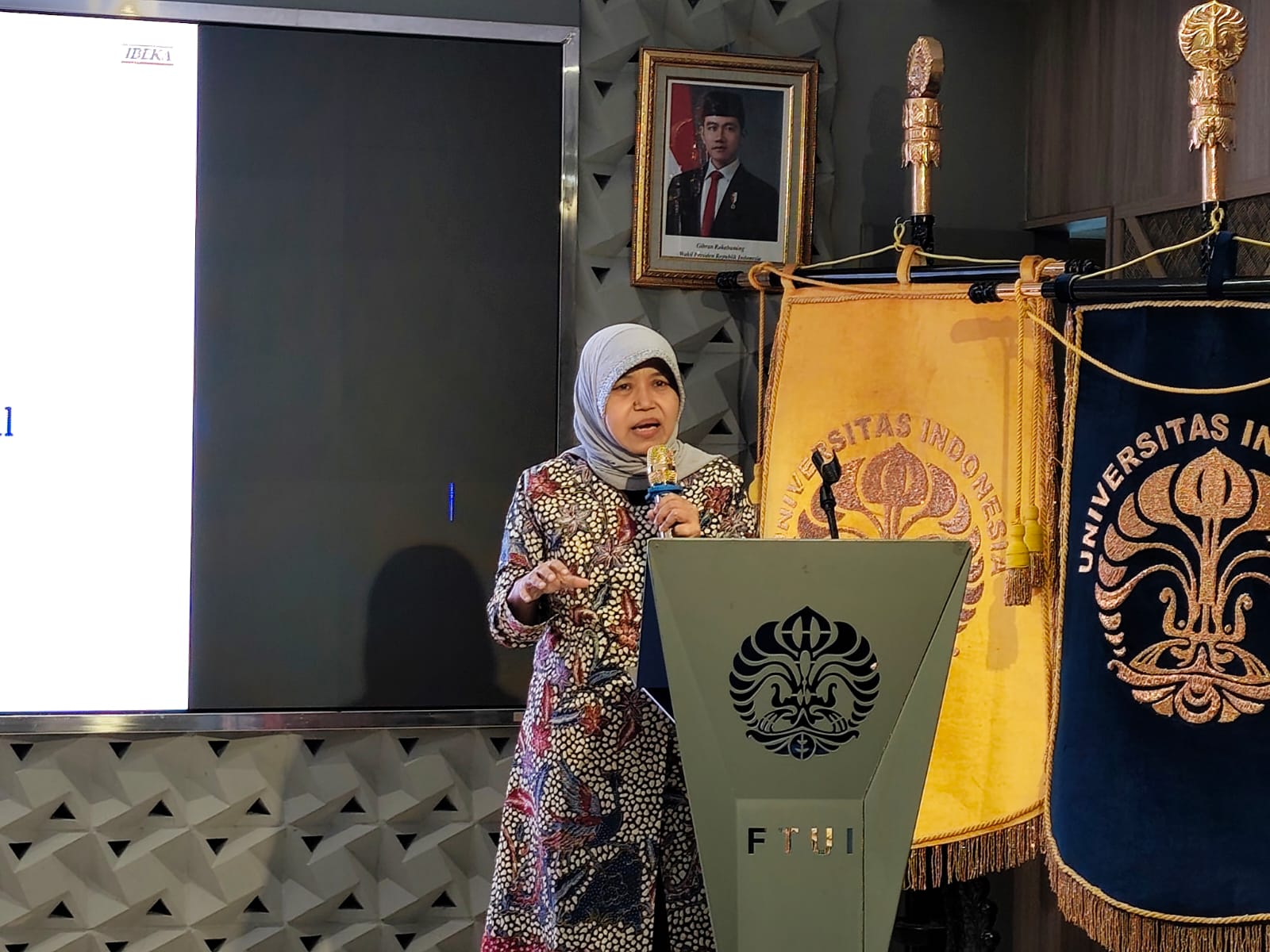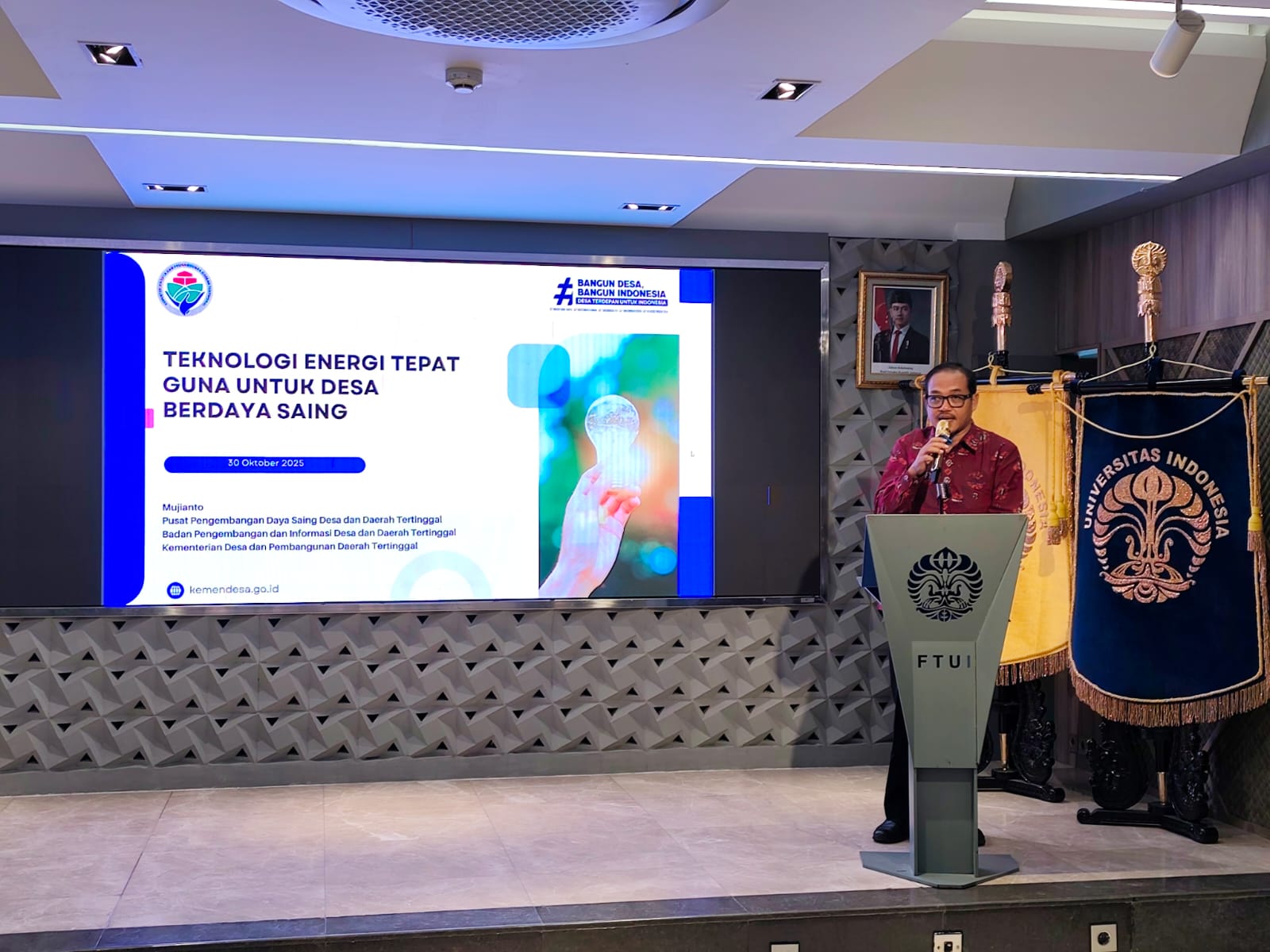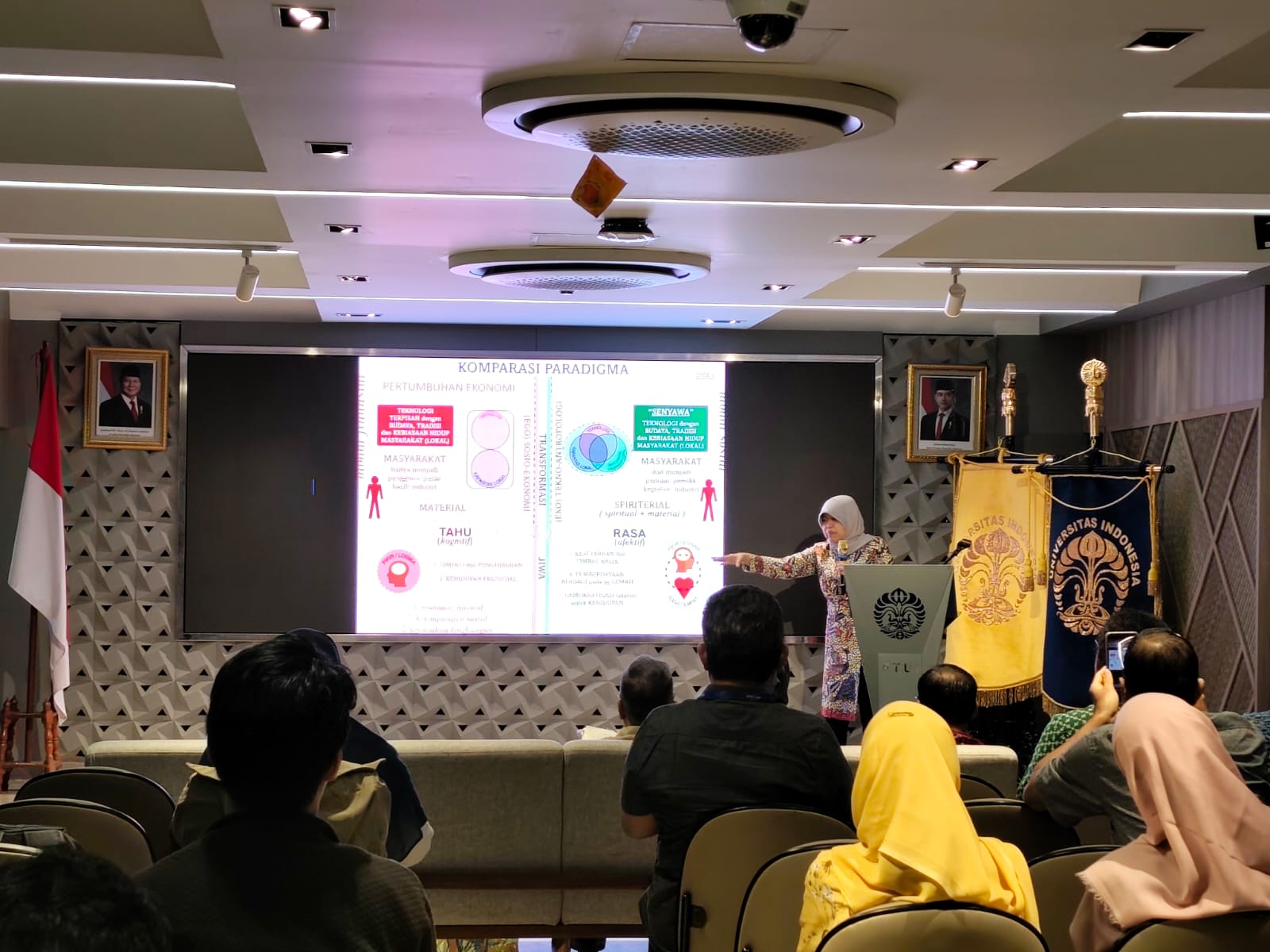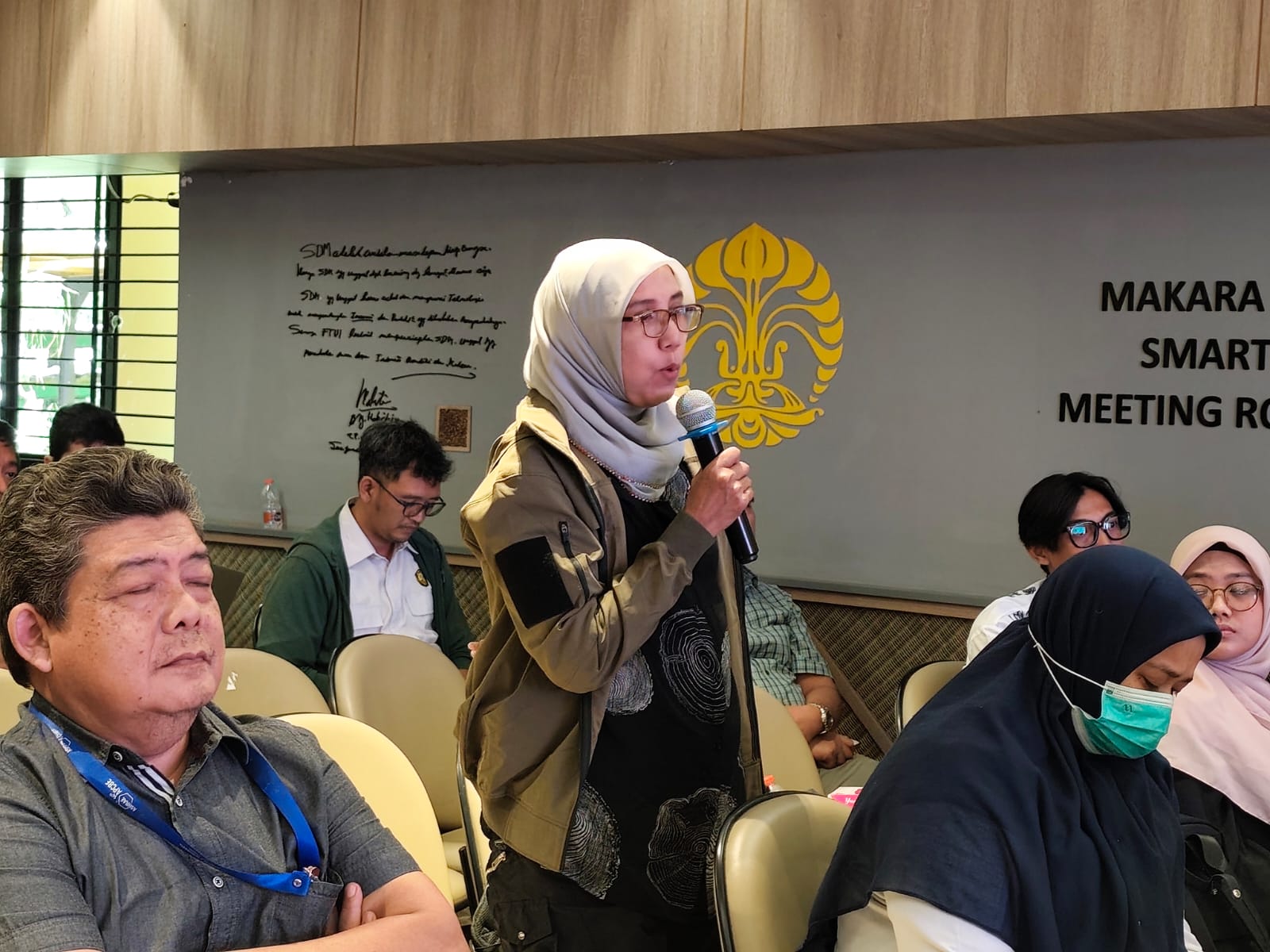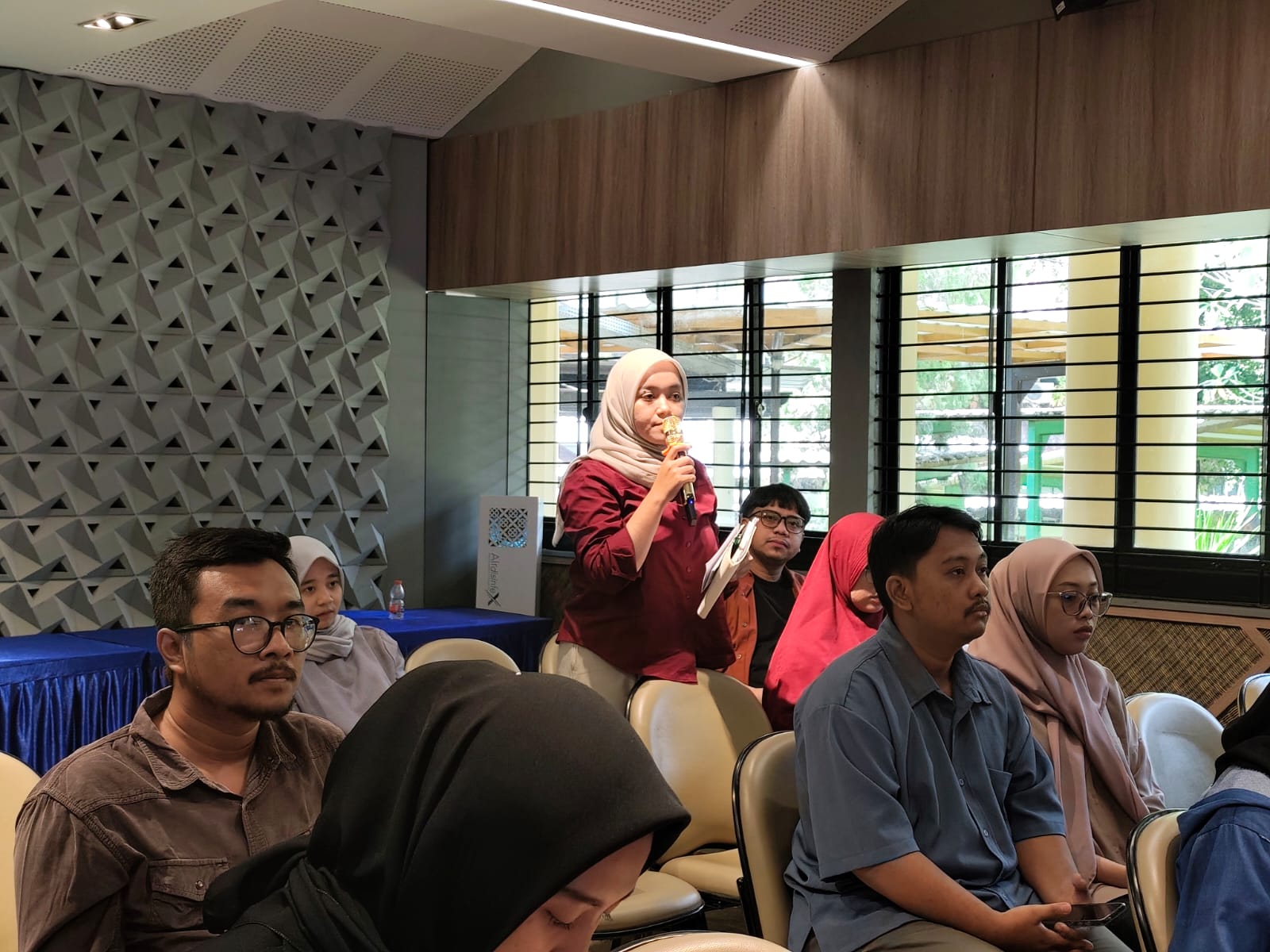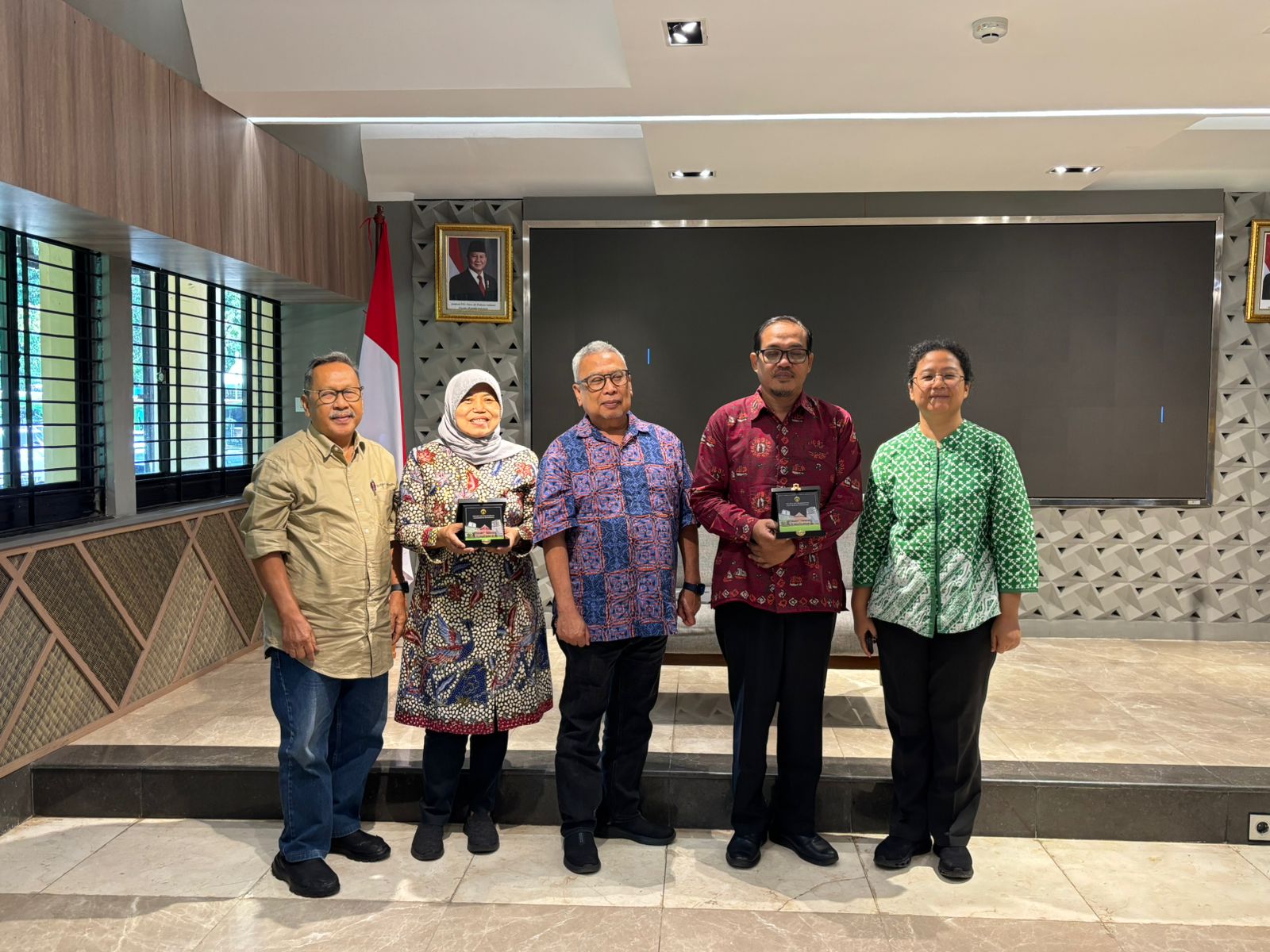The Faculty of Engineering, Universitas Indonesia (FTUI), held the Future Energy Talks 2025 seminar under the theme “From Energy Access to Economic Growth in 3T Regions” on Thursday (October 30) at the Smart Meeting Room, FTUI Dean’s Building.
The event featured two inspiring speakers: Ir. Tri Mumpuni, M.Sc., who presented “Appropriate Energy Technology for Local Economic Development,” and Mujianto, S.E., M.T., who discussed “Appropriate Energy Technology for Competitive Villages.” The discussion was moderated by Dr.Eng. Astryd Viandila Dahlan, S.T., M.Eng.
Throughout the session, the speakers emphasized that energy is a crucial foundation for economic growth, particularly in 3T regions (frontier, outermost, and underdeveloped areas). Many villages in Indonesia still lack adequate access to electricity, limiting their economic activities and development.
To address this challenge, the proposed solution is appropriate energy technology (AET) — technology that is simple, efficient, environmentally friendly, and tailored to the needs of local communities. Such technologies are designed to be operated and maintained by the community using locally available resources.
Indonesia has vast potential for developing renewable energy in rural areas, including:
- Micro-hydro power plants (MHPs) that utilize river flows,
- Solar power plants (PLTS) for lighting and water pumping,
- Wind power for coastal and highland areas, and
- Biomass and biogas are derived from agricultural or livestock waste.
The utilization of these renewable energy sources is not only aimed at fulfilling household electricity needs but also at stimulating local economic activities such as agriculture, small and medium enterprises (SMEs), and village tourism.
Despite this great potential, rural energy development still faces various challenges, including high initial investment costs, limited infrastructure and technical expertise, and unstable policy support. Moreover, community participation remains a key factor in the success of rural energy programs.
In this context, universities play a vital role as drivers of innovation and community facilitators. Through research, community service programs (KKN), and technical training, FTUI continues to support the implementation of renewable energy solutions that meet the specific needs of rural communities.
“Universities have a vital role in accelerating the energy transition in rural areas. Through research, innovation, and technical assistance, we can ensure that appropriate energy technologies truly align with the needs and capabilities of the community,” said Mujianto.
The Future Energy Talks 2025 served as an important discussion platform for academics, government representatives, and practitioners to collaboratively seek sustainable solutions to expand energy access in 3T regions, while simultaneously strengthening local economic growth through innovative appropriate technologies.
***
Public Communication Office
Faculty of Engineering, Universitas Indonesia


